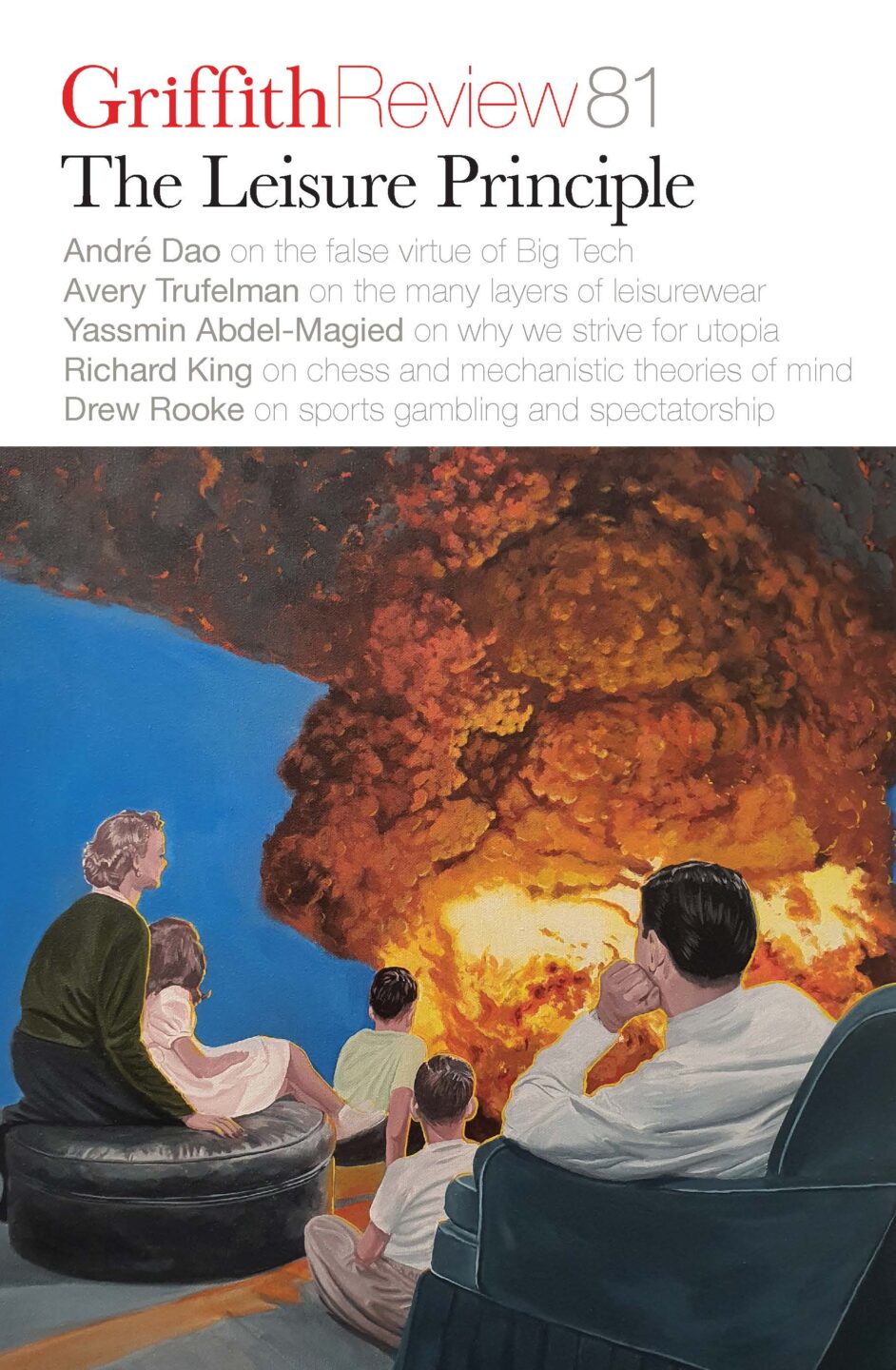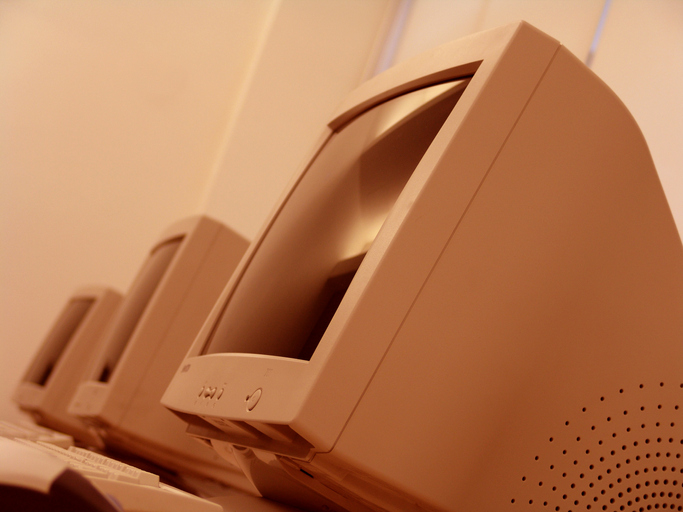Featured in

- Published 20230801
- ISBN: 978-1-922212-86-3
- Extent: 200pp
- Paperback (234 x 153mm), eBook


Already a subscriber? Sign in here
If you are an educator or student wishing to access content for study purposes please contact us at griffithreview@griffith.edu.au
Share article
More from author

Who owns the future?
EssayTHE FUTURE IS always arriving, in one form or another. There is no no future. It’s an absurdly simple point, like saying that one...
More from this edition

The geography of respect
Non-fictionStarting in 2019, Parks Victoria closed or restricted access for climbers to much of Gariwerd-Grampians while it assessed cultural heritage and worked with Traditional Owners and conservation experts to develop the Greater Gariwerd Landscape Management Plan (GGLMP). These closures drew strong reactions from many climbers. They saw Parks Victoria’s actions as impinging on their rights, and its apparent focus on climbing as a risk to cultural heritage and environmental integrity as overblown.

We will never be modern
Non-fictionMy Instagram feed, an information-stream cosplaying as a hyper-relevant town square, has undergone a radical transformation in the past few years. Whereas once that endless deluge teemed with benign yet revealing snapshots of friends moving through the motions and milestones of life – brunches, holidays, weddings and pregnancies – today’s experience is far removed.

Dressed for success
In ConversationHip-hop was about taking this mainstream look – a nice, acceptable, appropriate look – and, like, changing it up. Sampling it like it’s a song and turning it into something new. So when preppy emerged in mainstream white corporate culture, it started mixing with denim in new ways and mixing with sneakers in new ways and becoming a form of streetwear.